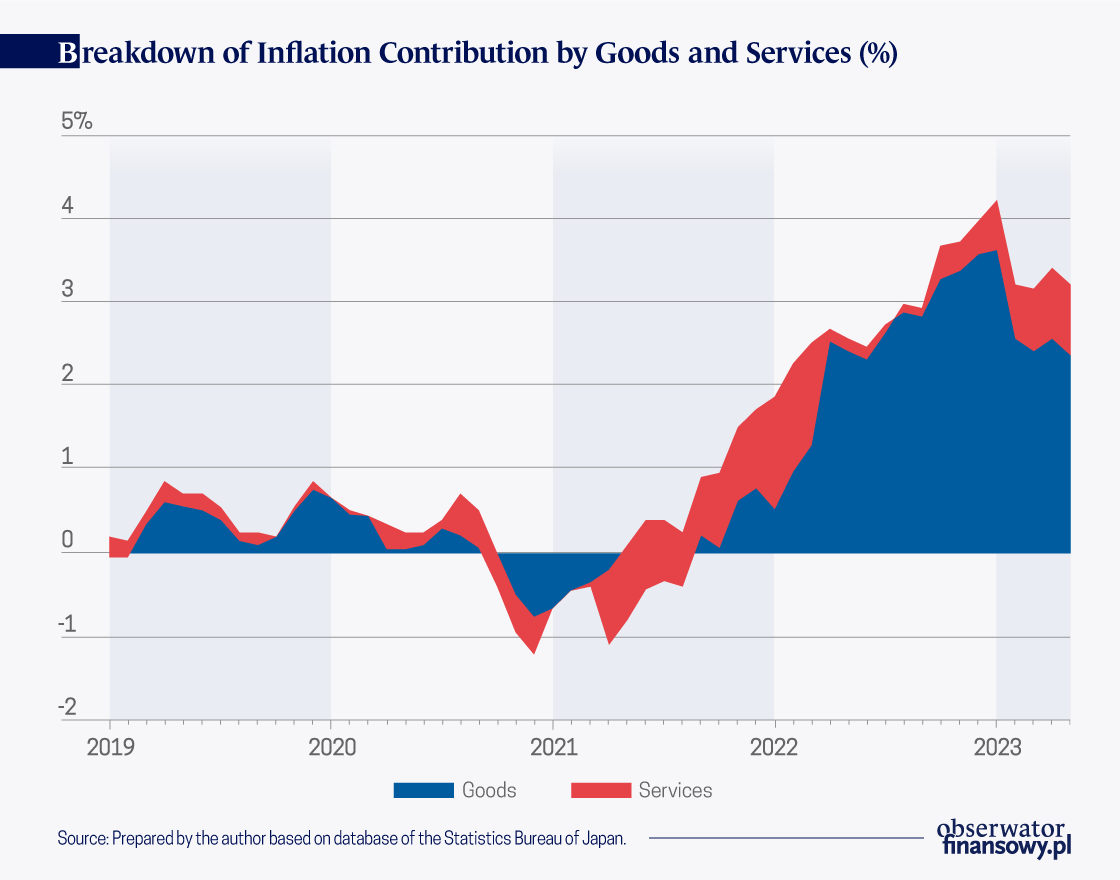
During the inaugural press conference held on April 10th at the Bank of Japan (BOJ), Governor Kazuo Ueda affirmed the commitment to achieving the 2% price stability target, which was clarified in January 2013 in the joint...
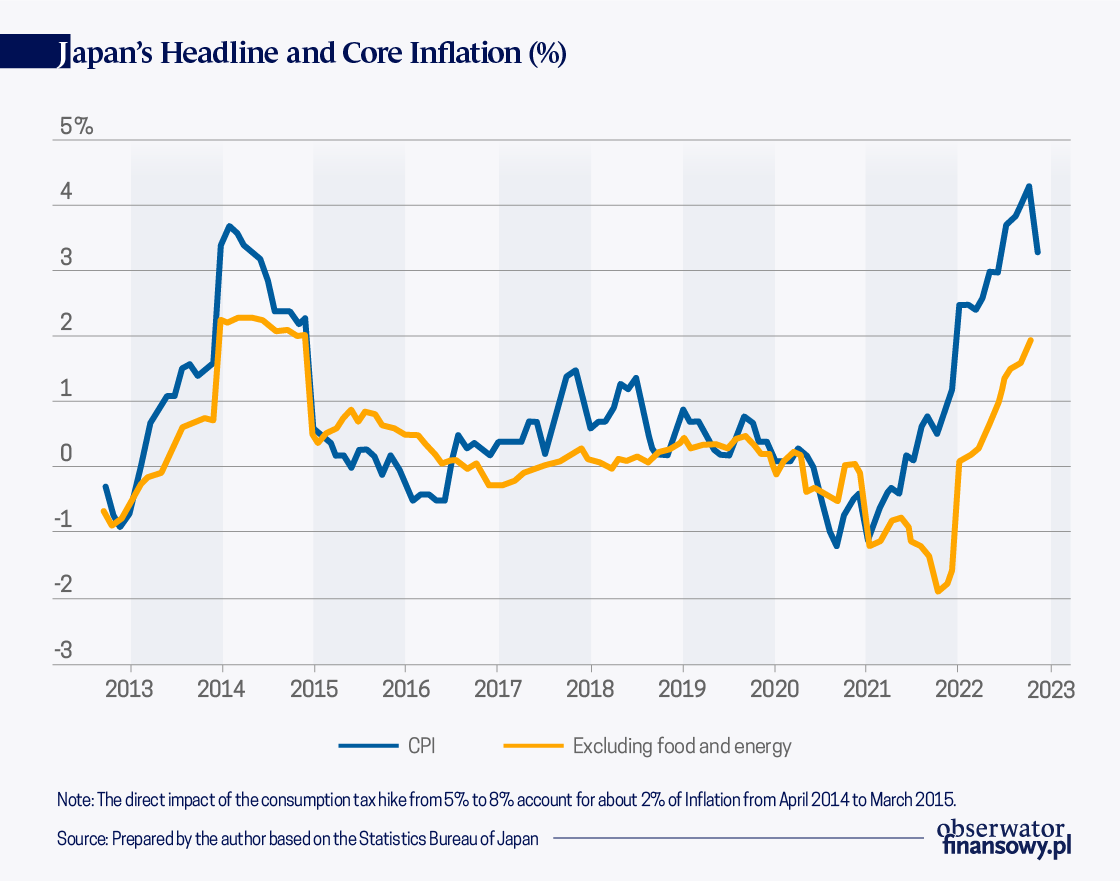
After the collapse of bubbles in early 1990s and persistent baking sector problems, Japan’s economy had entered into low economic growth since mid-1990s and mild deflation since late 1990s. The average rate of economic growth...

The proper diagnostic on the inflationary nature is a key in adequate calibration of the policy response – thinks Anita Angelovska-Bezohska, Governor of the National Bank of the Republic of North Macedonia.
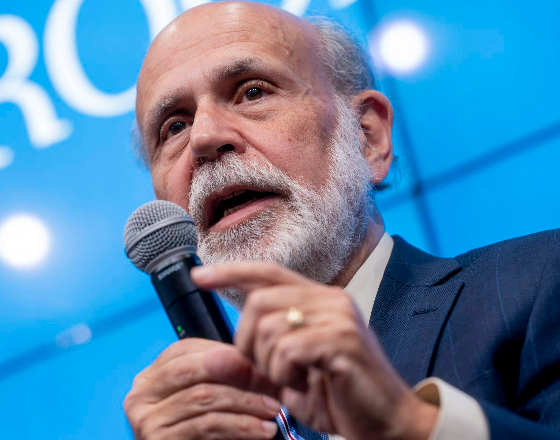
One of the three new winners of the Nobel Prize in Economics funded by Sweden’s Riksbank, Ben Bernanke, likes challenges – his biography, and above all, his achievements, are proof of this. For this reason, when speaking...

The complete shutdown of gas deliveries through Nord Stream 1 is an indication of how desperate the Russian leadership has become. There is now no path to military victory, but a clear chance that intensified economic warfare...

The past decade has taught the central banking community the important lesson that negative shocks can happen more frequently, and the time between the shocks may not be long enough to let central banks regain policy space.

OECD expects inflationary pressures to ease in the course of 2022-23. As inflation is spreading through various components, central banks must be vigilant and be ready to respond – says Mathias Cormann, the Secretary-General...

Inflation in Britain has remained well under control since the financial crisis. Monetary and government debt management policies have become much more closely connected, and it will be important to loosen the connection while...
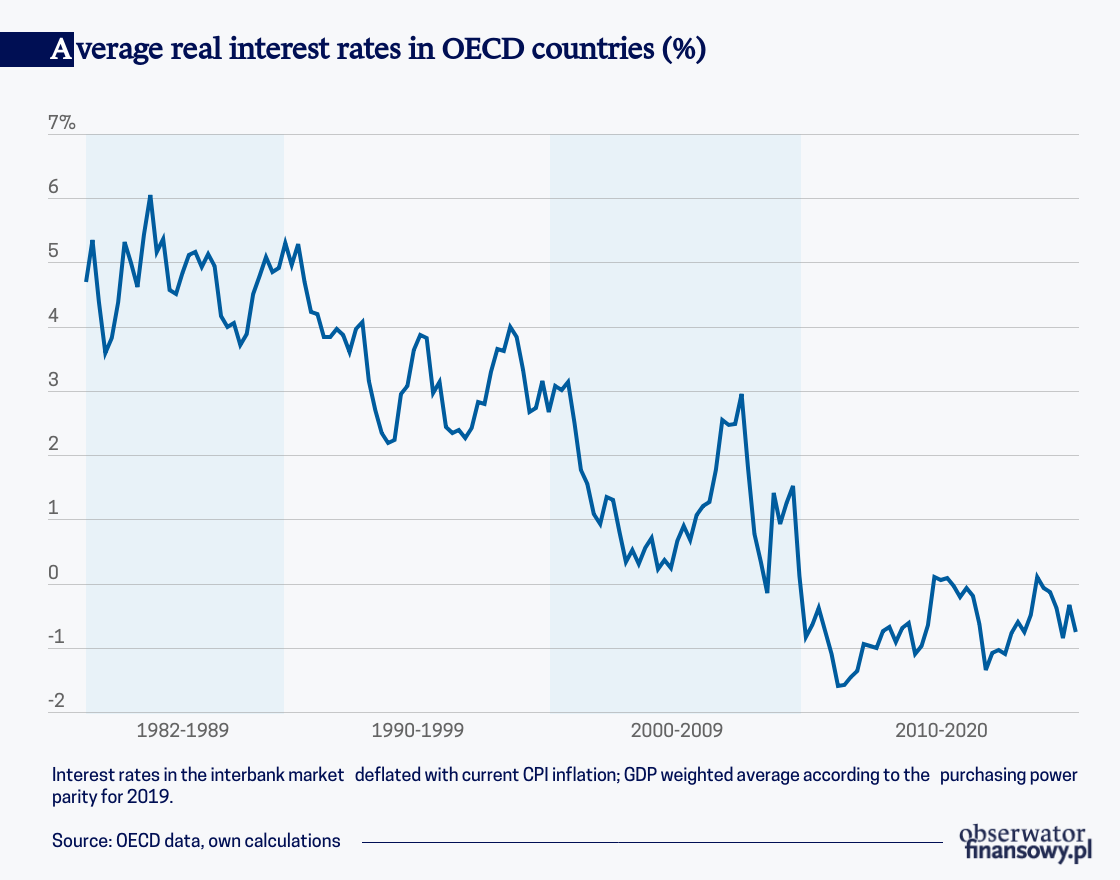
Negative interest rates are not so much the effect of discretionary decisions of central banks but are mainly driven by changes in economic conditions. In the past decades real interest rates worldwide have been systematically...
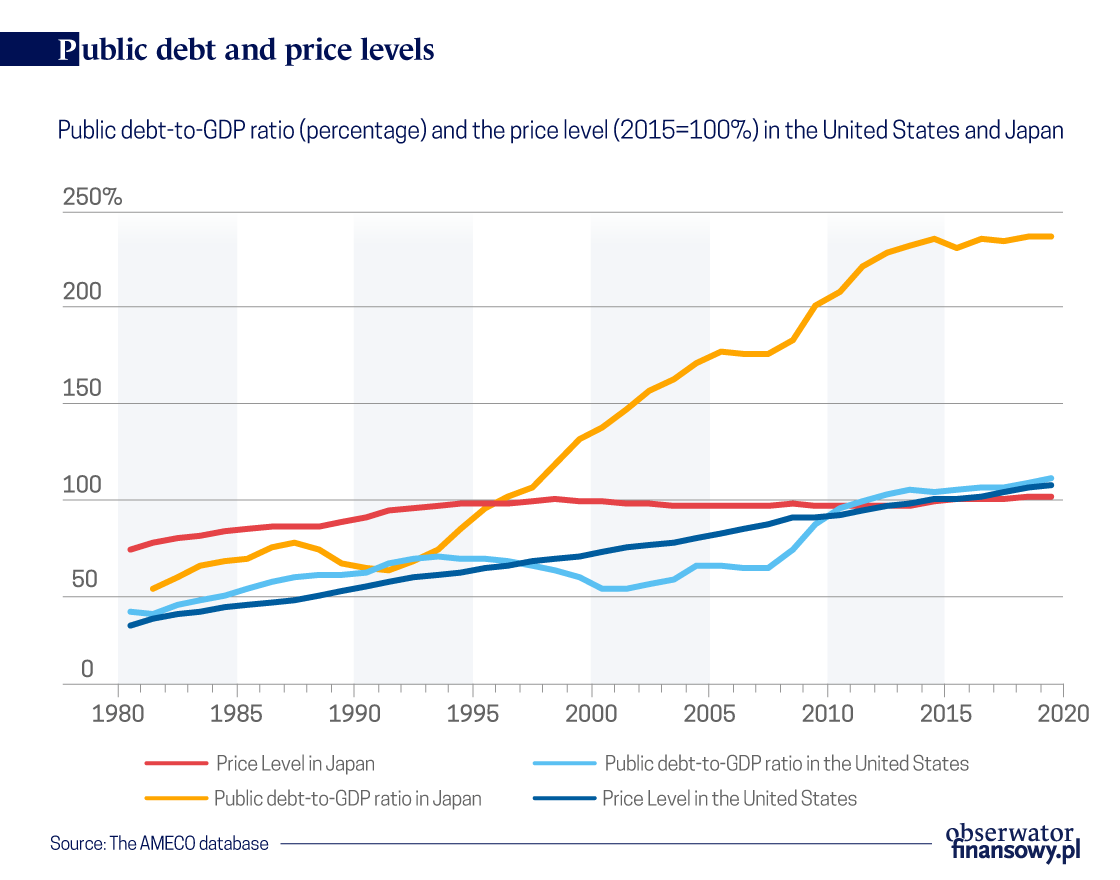
In conditions of a global recession caused by the coronavirus pandemic, massive fiscal deficits and rising public debt levels have become unavoidable. However, the size of those deficits may prove insufficient – also because of...